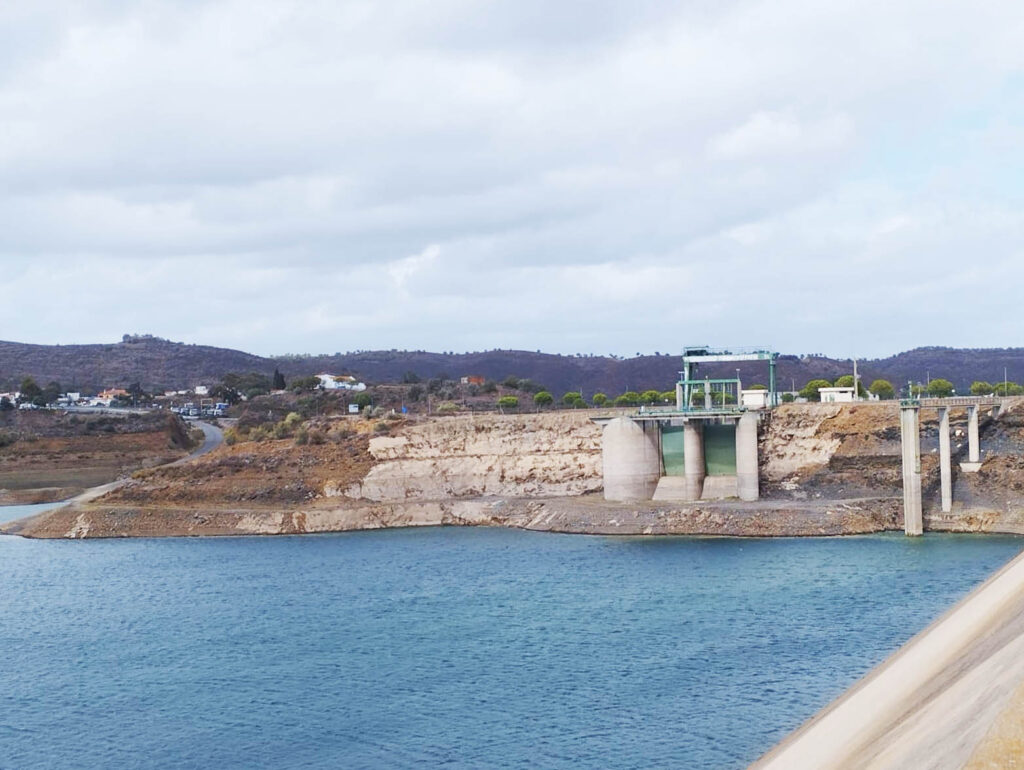Water bills in the Algarve will rise between 15% and 50%, an increase that will be taken over this Friday, February 2nd, by the Algarve Intermunicipal Community (AMAL), and which should reach consumers in their March bill.
The news was released today by Espresso, a newspaper to which António Pina, president of AMAL, explained that the increase will be certain (in almost all levels of domestic consumption, as well as in hotels, commerce and industry) given that «a large part of the municipalities agreed» with the document drawn up in together with the Water and Waste Services Regulatory Authority (ERSAR).
Speaking to this weekly newspaper, António Pina also said that «the planned tariff increase will affect everyone except those in the first tier».
«In the second tier, where the majority of consumers are, the increase will be 15%. In the third, the increase is more significant, 30%, because we are talking about uses beyond what is reasonable for a family. In the fourth tier the increase is 50%», the mayor of Olhão told Expresso.
With the price rise, AMAL intends to raise awareness among the population about the drought problem in the Algarve, which is increasing, making it necessary to save water.
Even though within the scope of the Recovery and Resilience Plan (PRR), a new water intake from the river is planned Guadiana (Pomarão), the construction of a desalination plant and the new Foupana dam, António Pina believes that it will not be enough. «It is necessary to guarantee [access] to water from Alqueva. The Algarve consumes 110 hm3 per year, less than 1% of the water stored in Alqueva", he told the weekly, also highlighting the need for "a second desalination plant to guarantee supply to the urban perimeter".
On January 17th, the Government announced 46 measures to prevent the Algarve from reaching the end of the year without water.
Reductions of 25% in agriculture, 15% in tourism and domestic consumption - with water distribution quotas per municipality -, as well as the suspension of second meters are just some of the proposals of the Permanent Committee for Prevention, Monitoring and Follow-up of Effects of Drought.



















Comments